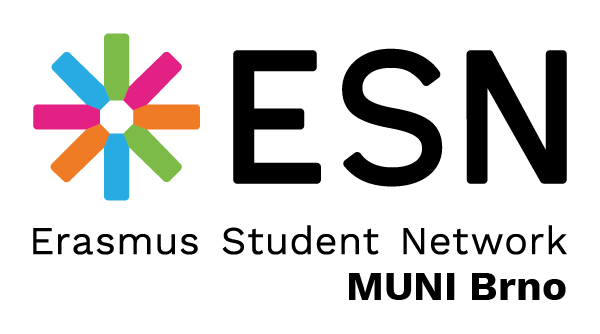Autumn is traditionally connected to the beginning of school, cozy socks, and rainy days. In the Czech Republic, it is also a time of a few very important holidays we would like to introduce you to. And no, it is not just about dressing up for Halloween, although we do admit that that is a lot of fun. However, history can be fun too, promise.
28th of September
Czech Statehood Day is a Czech national holiday that falls on September 28. This date is also the feast of St. Wenceslas, patron of Bohemia and Moravia. The holiday falls on the day of his murder, which happened in 935 with the participation of Wenceslas' brother Boleslav.
History of the 28th of October
Before the First World War, Czechoslovakia was a part of the Austro-Hungarian state, however, the outbreak of the war in 1914 put national questions on the line. Tomáš Garrigue Masaryk, who later became the first Czechoslovak president, established a provisional Czechoslovak government-in-exile in Paris, together with Milan Rastislav Štefánik and Edvard Beneš. These three were the key figures in gaining independence of Czechoslovakia. The government also had support from home, the anti-Austrian resistance in the state was concentrated in a secret body called the Mafia.
To do that, legions (legie in Czech), were created. These groups of our foreign troops were of fundamental importance for the success of the entire Czechoslovak Republic project. These military corps, created mainly in France, Italy and Russia, paradoxically represented the army of a non-existent state.
During 1916, Masaryk, Beneš and Štefánik established what was later called the Czechoslovak National Council; it became the main force in the anti-Austrian resistance. The agricultural council led by Antonín Švehla attempted to keep and hide as many supplies as possible.
On the evening of the 28th of October, the National Committee issued the first law on the establishment of an independent state. This day, two weeks before the end of World War I, is known as the proclamation of the First Czechoslovak Republic.
After 1993 - Independent Czechoslovak State Day
October 28th is celebrated as a national holiday in the Czech Republic, even after the separation from the Slovak Republic on January 1, 1993. Unlike the Czech Republic, Slovakia no longer celebrates this day as a national holiday.
What about you? How do you intend to spend the holiday? If you are feeling confident about your Czech, you can head to this link and watch a story about the creation of Czechoslovakia: https://decko.ceskatelevize.cz/video/e211543116230095.
Dušičky in the Czech Republic
Dušičky, “little souls” in English, or officially All Souls' Day. What is it? Every year at this time, thousands of people go to Czech cemeteries to honor the memory of their deceased, to light a candle on the grave or place funeral decorations there. All Souls' Day falls on 2nd November.
There are some forgotten customs and superstitions associated with Dušičky:
- in households, food for the dead was left overnight or food was thrown into the fire
- people cleaned sharp objects out of fear that the souls of the dead could be cut
- it was said that the rain on All Souls' Day is the tears of the dead, mourning their sins
- houses were heated a lot at night to keep the souls warm
Dušičky worldwide
Holidays similar to our All Souls' Day are also celebrated elsewhere in the world. Czechia neighbors' celebrations are basically the same. Polish and Slovak cemeteries glow with candles at this time, as do the Czech ones. Perhaps the most famous worldwide is the holiday of El Día de los Muertos in Mexico. Feasts, parades and parties are part of these celebrations. The Chinese Qingming holiday is also an interesting spectacle. As one of the few similar holidays, it is celebrated in April. On this occasion, there is dancing and singing and, just like in Mexico, people prepare food for the souls of the dead.
What about the customs in your country? Do you celebrate anything similar?
17th of November
On the 17th of November 1989, a permitted demonstration was held to mark the fiftieth anniversary of the closure of Czech universities, which were closed in 1939 by Adolf Hitler in order to rid Czechoslovakia of intelligence. After the demonstration’s official end, a large part of the demonstrators went on a march to the city center to show their disapproval of the then communist regime. The protest then grew into an anti-regime demonstration that led to the overthrow of the totalitarian regime in Czechoslovakia. This period is also sometimes referred to as the fall of the Iron Curtain.
And last, we have a little fun fact for you about holidays in Czechia: people go shopping the day before, even though the stores are closed just for a day. And, on some holidays, shops do not close at all. It can get quite confusing, and even we sometimes use the internet for clarity.

Follow us